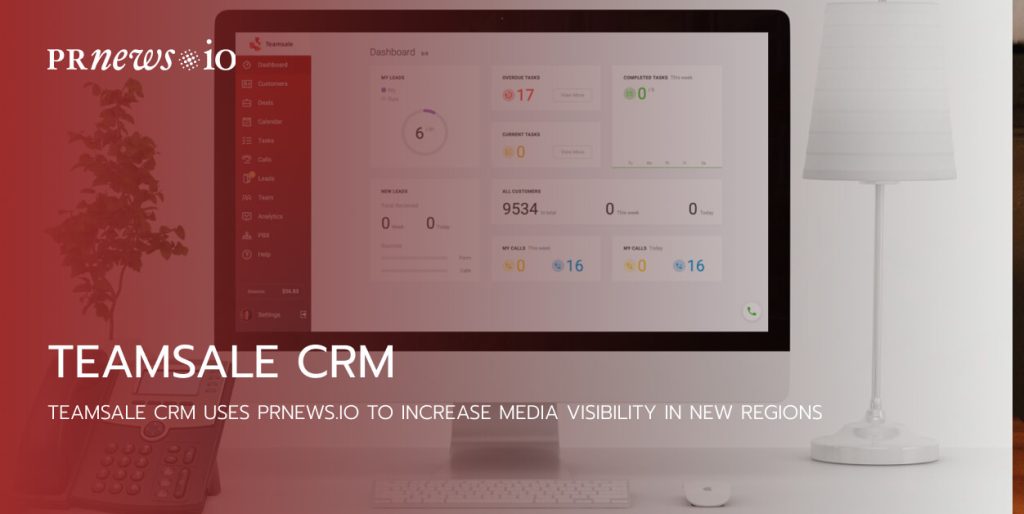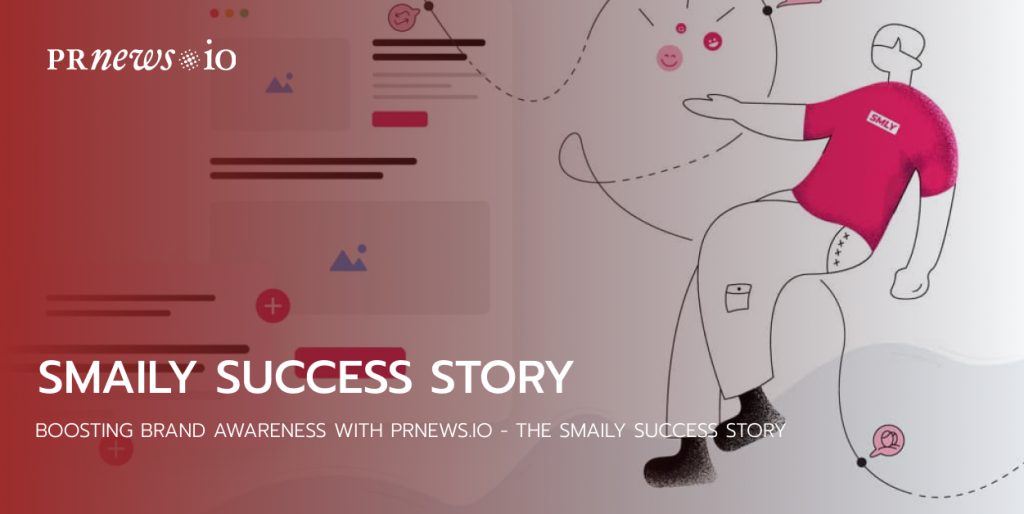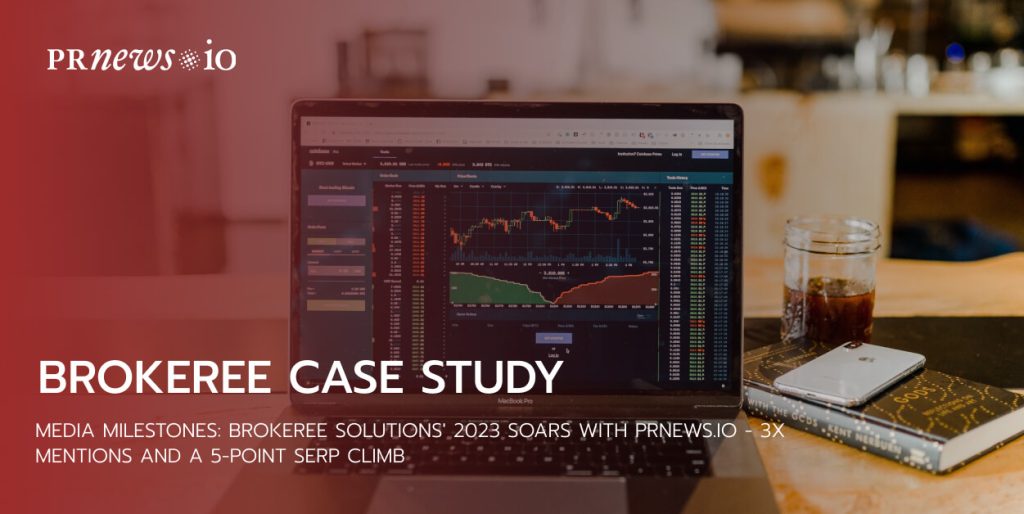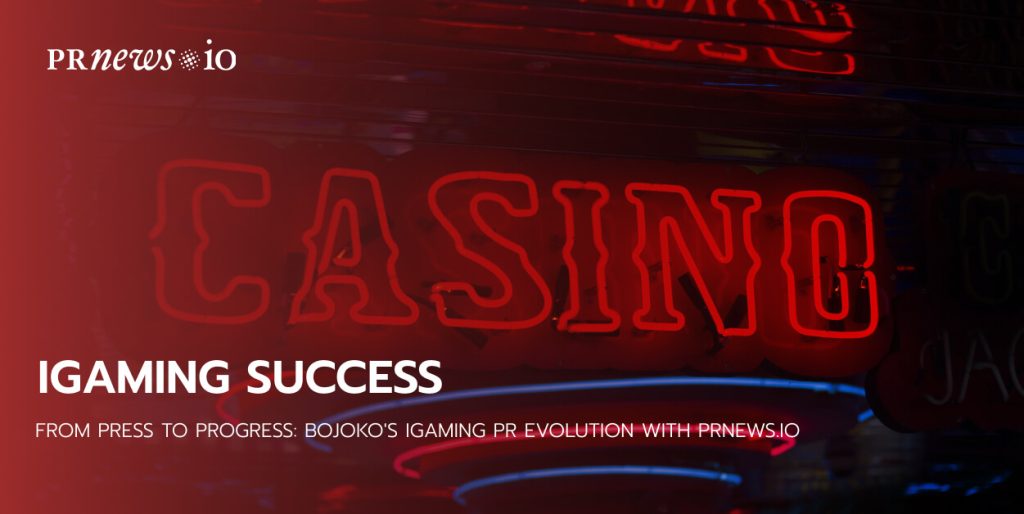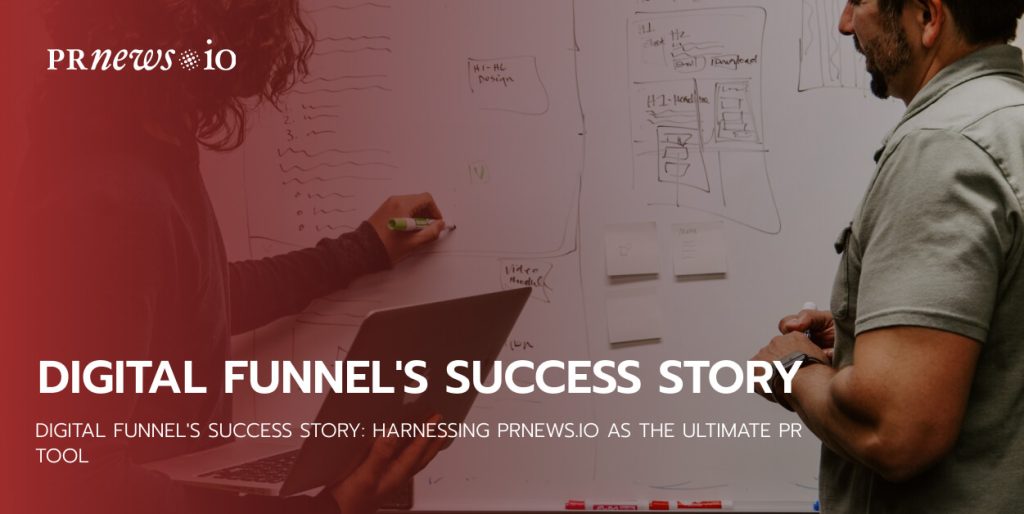Google recommends tagging paid links with ‘sponsored’ and links in comments with ‘UGC’. Let’s take a closer look at the purpose of the tags and the differences between them.
What Was Before?
Links are one of the most important factors in ranking. The more links from other websites lead to yours, the better. When SEO specialists realized that back in the 2000s, they made hundreds of websites with links to their pages. They also bought links from other websites, including online media.
Since 2005, according to Google’s guidelines, all commercial and user links should be tagged with rel=“nofollow”. The tag can also be used for other links if the publisher doesn’t want to share the link juice with another website.
For example, the nofollow attribute is used to reduce spam in comments or mark potentially dangerous or questionable content so that the links to a website with a bad record don’t influence the publisher’s website ranking.
In other words, the tag shows Googlebot that the news website with a questionable link has nothing to do with the page the link leads to.
And What’s Now?
There are three tags instead of one. On September 10, 2019, Google introduced two new attributes — rel=“sponsored” and rel=“ugc” — to determine the nature of links. As the links with ‘nofollow’ had not been officially taken into account before, Google announced it would start using them as hints from March 1, 2020.
sponsored
Recommended for promo, sponsored, and paid links.
ugc
Stands for User Generated Content. The tag is recommended for links in comments and forum messages to separate them from commercial ones.
nofollow
Recommended for all other links if the owner of an online newspaper or any other website is unwilling to give out the link juice.
What’s to Be Done?
There’s no need to change the links marked with rel=“nofollow”. They will continue working as before.
Of course, if there’s no tag and the link is evidently commercial or was added to the website by a reader, Google can penalize the website. However, it rarely happens in fact. Most of the online media around the world still ignore that and use dofollow links.
Nevertheless, it’s risky, so it’s better to mark the links.
Is It Necessary to Tag Sponsored and Promo Links?
Yes, if you don’t want to get penalized for link exchange schemes, it’s preferable to use the rel=“sponsored” attribute. rel=“nofollow” can also be used as the system counts links with both attributes equally.
Is It Possible to Combine Tag Names?
Sure. For example, you can tag a sponsored link that shouldn’t pass the juice with rel=“sponsored nofollow”.
What If the Attribute Is Wrong?
Paid links should contain either ‘sponsored’ or ‘nofollow’ (separately or together). The UGC attribute used in paid links may lead to penalties.
When Will New Attributes and Changes Come into Effect?
New attributes already work and can be used by webmasters to give the search engine more data on the nature of links. Starting with March 1, 2020, Google promises to use the links with ‘nofollow’ as hints as well.

